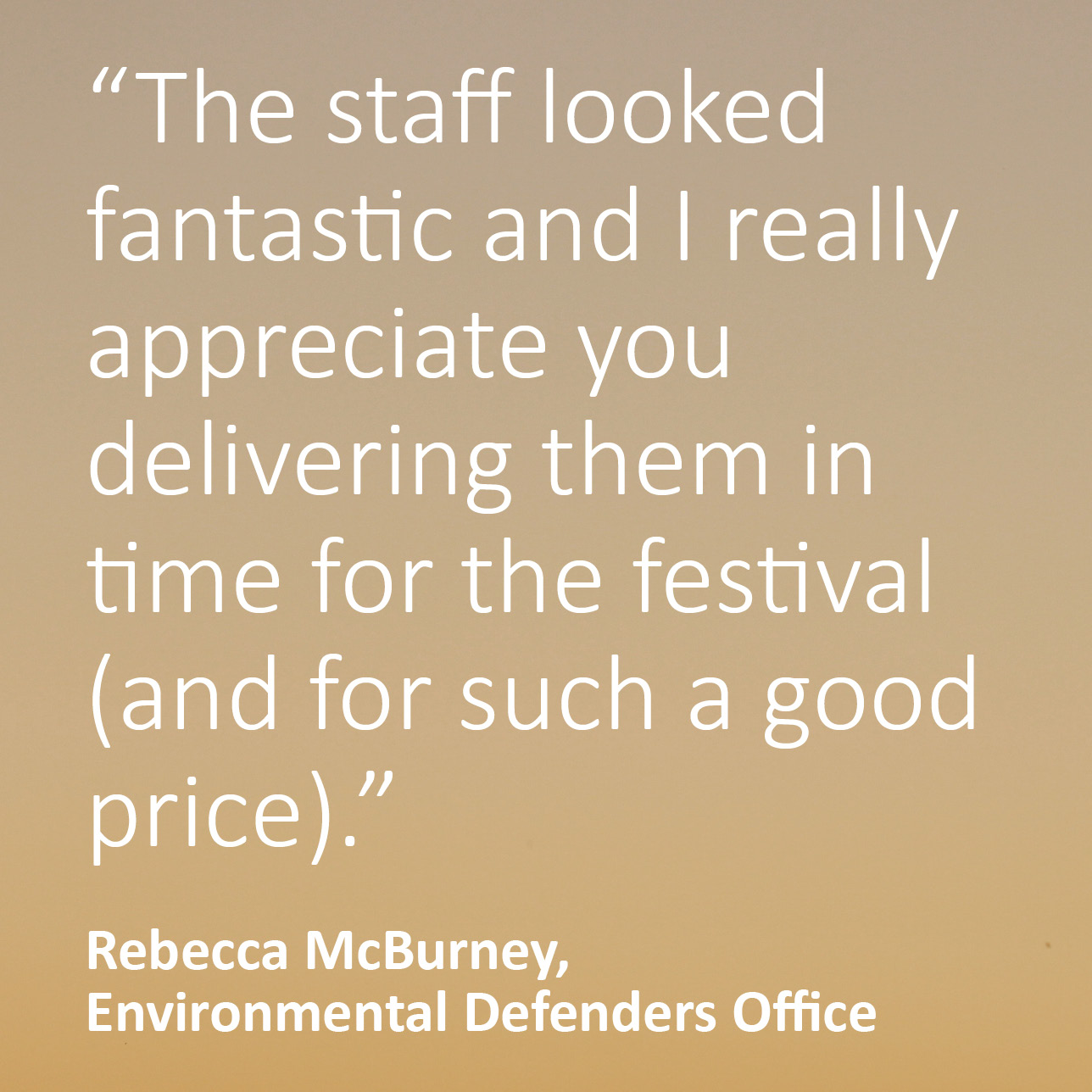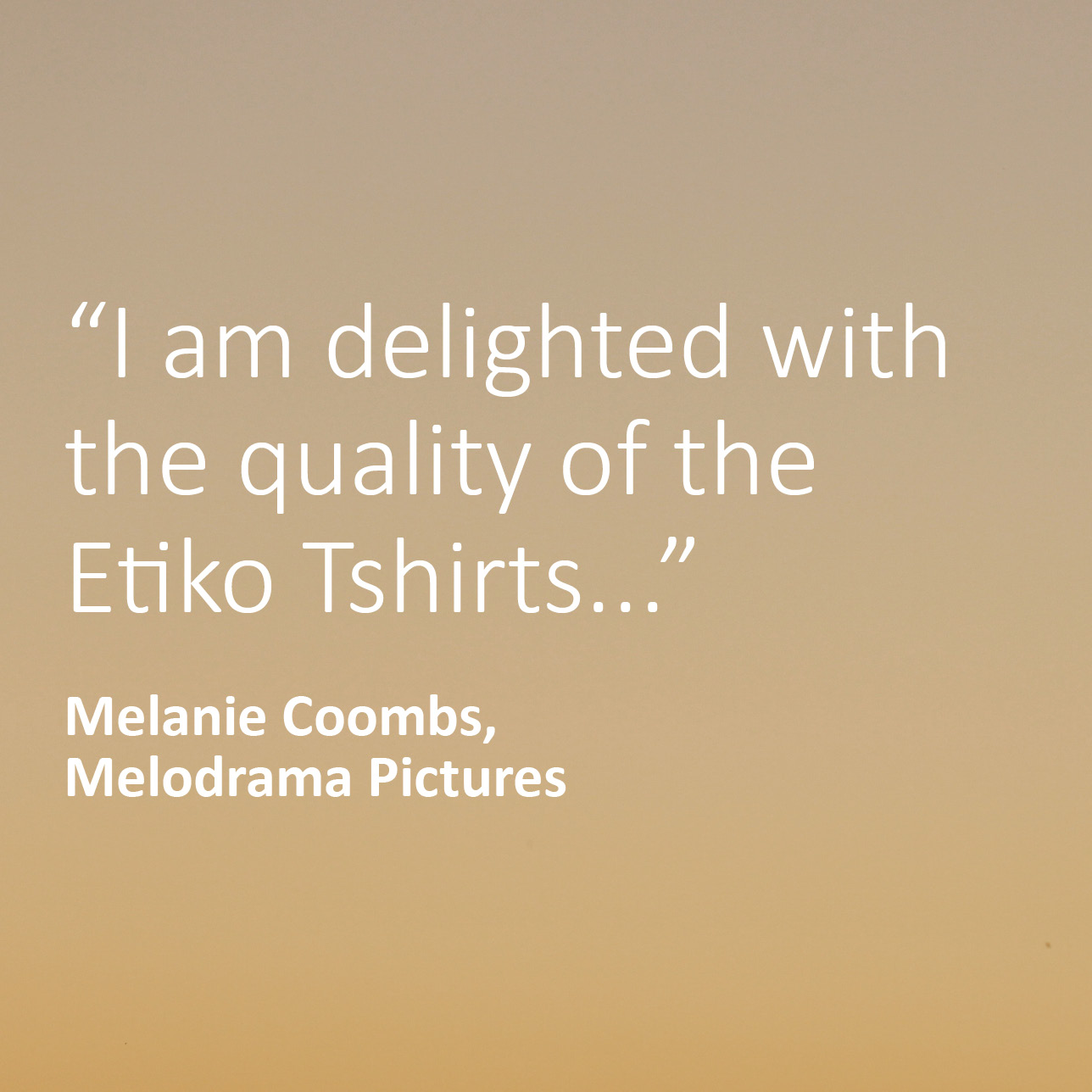WHY FAIR TRADE? | WHY CHOOSE ORGANIC? | F.A.Q.s
Questions on this page:
Q: Isn't your organic cotton clothing more expensive and therefore unaffordable for some?
Q: I understand the benefits of organic food - but why should I buy organic clothing?
Q: Is 'green' or 'natural' cotton the same as organic cotton?
Q:With labour-intensive farming techniques, won't organic farming remain a more expensive alternative?
Q: Isn't your organic cotton clothing more expensive and therefore unaffordable for some?
A: Not at all!
While we are not trying to be #1 when you google 'cheap', our tees start around an affordable $12. Great value, especially if you consider that the better quality makes it look better and last longer. We aim to build a trusted brand name rather than an exclusive designer label with a padded price-tag. In fact, as per fair trade criteria, a more significant percentage of your dollar goes to workers' wages.
We offer it with pride, so you can wear it with pride - and make a real statement with your choice. Remember, just by buying one organic cotton tee you can have the satisfaction of knowing that you saved 100g of dangerous, concentrated pesticides from entering our environment.
Q: I understand the benefits of organic food - but why should I buy organic clothing?
A: Environmental changes affect each one of us. Organic farming could be a powerful ally in the race against global warming, not only as it consumes fewer resources to start, it is actually a powerful natural tool for carbon sequestering.
Conversely, on a small planet, we are all affected to some extent by the production and application of pesticides and poisons! You are closer than you think to the farms, chemical factories and waste treatment facilities that handle toxic chemicals used on your tshirt. By spending on organic products, you are using your consumer power wisely and adding your voice to the environmental movement.
On a purely personal level, even if you don't suffer from chemical allergies and sensitivities, you will most definitely feel better wearing pure, organic cotton against your skin.
Q: Is 'green' or 'natural' cotton the same as organic cotton?
A: 'Green' cotton usually refers to cotton that is not bleached, dyed or chemically treated during processing. However, it is grown conventionally, and falls short of organic. Unlike the use of the word 'organic' in labelling, neither of these terms are regulated or certified, so they may not always have a consistent meaning.
Q:With labour-intensive farming techniques, won't organic farming remain a more expensive alternative?
A: Organic farming appears less lucrative, only because the long-term damage of conventional farming is not quantified or taken into account. For instance, the millions spent to treat toxic residues can be saved if the problem wasn't created in the first place. Unfortunately, organic cotton gets little support from markets and financial institutions because it is considered more expensive. Over time, however, organic farms are more productive as the soil in is richer and more resistant to disease while the other is stressed and sterile due to chemical applications.
The difference in cost may remain, however, as organic producers have to pay for third-party certification whereas conventional farms often get subsidized chemicals and pesticides which off-sets costs.
In conclusion, we may end up paying more for organic products, but the pay-back is tremendous: better health for people, the planet and all her creatures.














